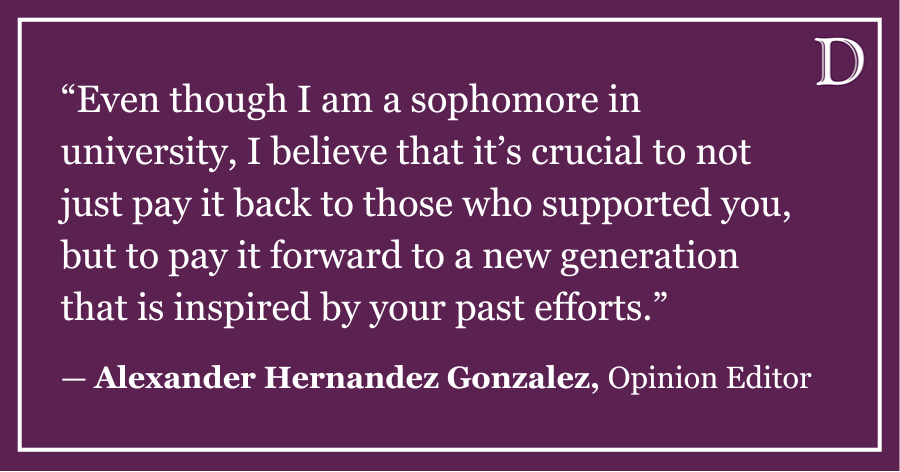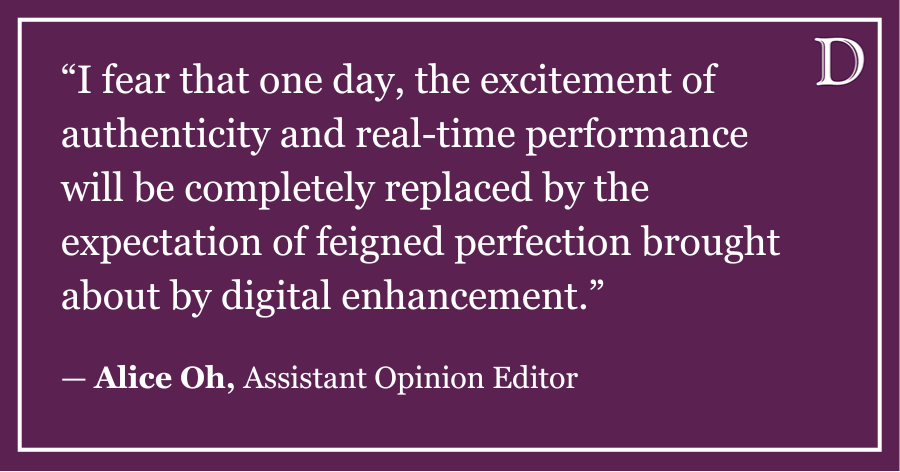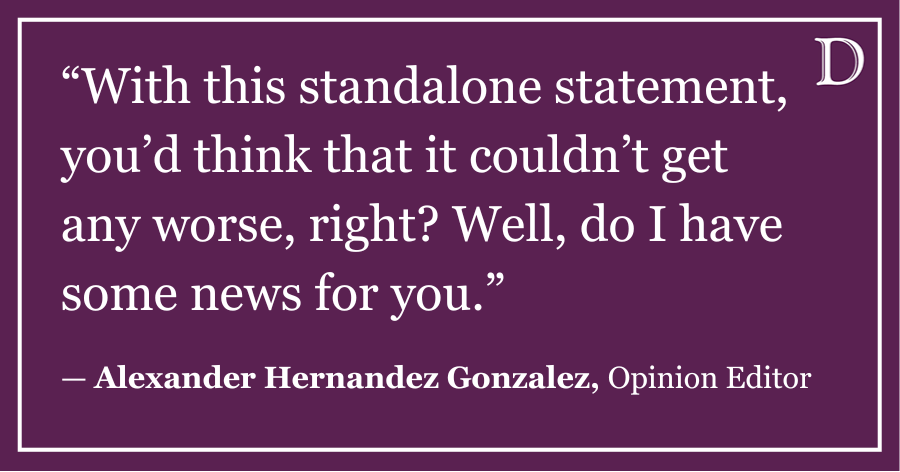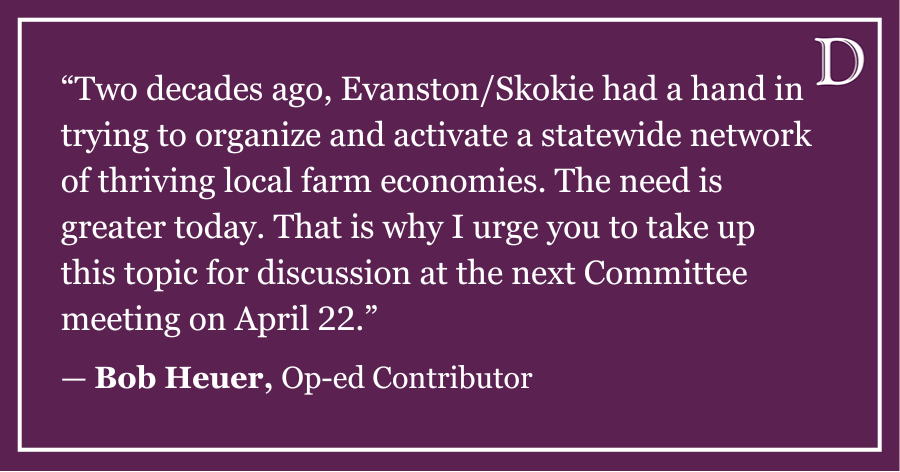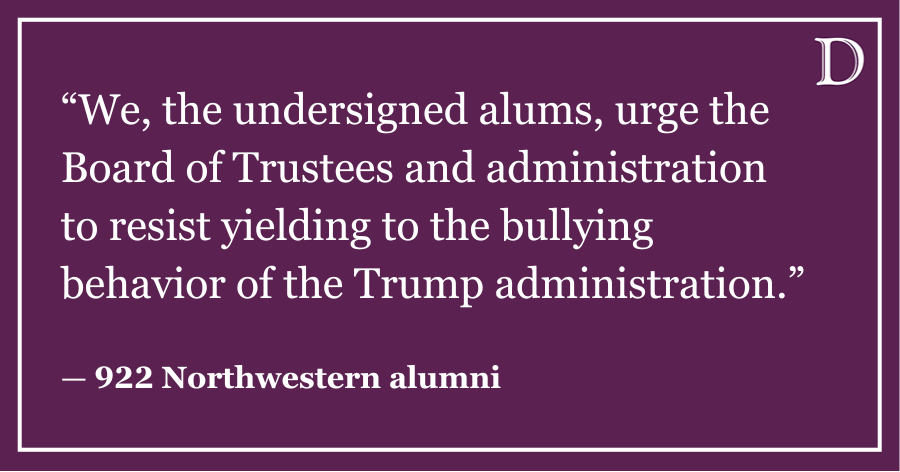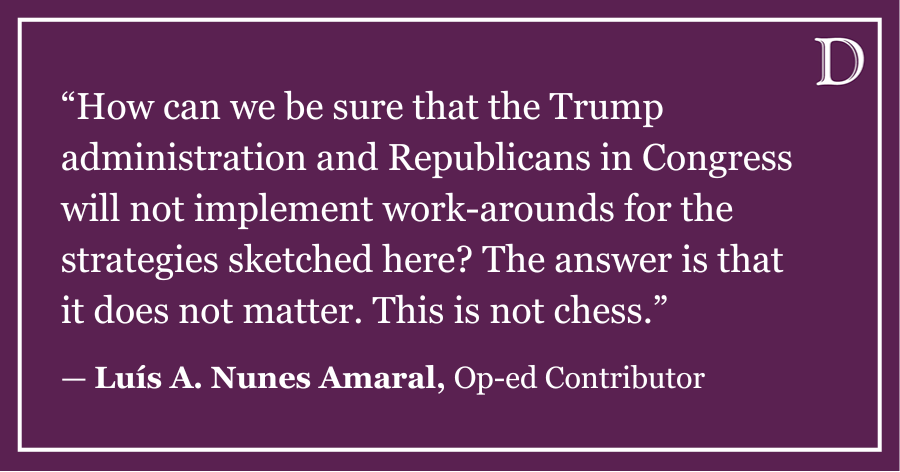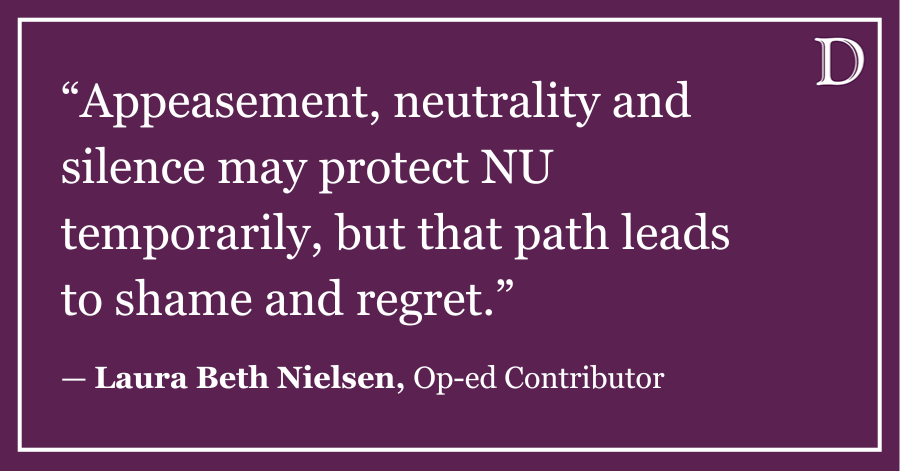As college students, we might be particularly susceptible to being swept up in movements and being seduced by the possibility of being a part of something historic. This was my initial reaction to the footage of jubilant George Washington University students rallying around the White House, chanting and singing while waiting for the president to confirm Osama bin Laden’s death. It makes sense that after the speech, joyful demonstrations broke out at Northwestern and on other campuses around the country. All this celebration in the face of a violent act didn’t sit right with me, but I think my reasoning for not celebrating was still based in feelings of anger toward bin Laden and what he represented.
The September 11 attacks resonated in a special way with people our age. That day in 2001, I was a few days shy of my 11th birthday, so at this point my life has been almost perfectly split between pre-and post-9/11. That one September day would completely define my relationship with the news for the rest of my life. I went in one day from being mildly clueless about the world around me to completely tuned in.
I grew up in New York’s suburbs, but very few of the parents in my town worked in Lower Manhattan. Because no one I knew was immediately affected, it took several months of obsessive news watching for me to grasp just how much my world had changed. All the American flags and memorials and blood drives and telethons and counting of weeks and months that passed (the one week anniversary, the three month anniversary, the six month anniversary) initially numbed me to what I was beginning to understand. Finally, watching CNN in 2002, it dawned on me that my world had transformed into a place where adults were fearful and vulnerable and where hatred served as some people’s main motivations in life.
Because this tainting of my childhood is bin Laden’s fault, I can’t blame young people and New Yorkers for celebrating his death. I am keenly aware of just how much his actions affected people my age and people from New York. But I find something very unsettling about feelings of joy in the face of death. In those strange but formative months following the attacks, I was taught that I should continue to live my life normally, that I should keep taking public transportation and eventually become used to the sight of soldiers holding machine guns at Grand Central because succumbing to fear was giving in to the enemy. I think partying in response to the enemy’s death is a similar kind of concession.
To me, Americans raucously celebrating an act of violence looks an awful lot like a victory for terrorism. It means we have been transformed into a culture that sees killing as a victory in itself, as opposed to what it should be: the means for an eventual peaceful end. We’ve been sucked into a conflict with people who see violence as the only acceptable means of communication. Just because we defend ourselves against them doesn’t mean we have to accept their terms.
Osama bin Laden was the architect of something deplorable. I have a hard time finding any reason why he did not deserve to die. But you won’t see me celebrating his death because I refuse to stoop to his level. Because of the violence he committed against my country and my generation, I will never adopt the kind of logic he espouses, the logic that sees an event involving gunfire and death as something worth celebrating.
Ali Elkin is a Medill junior. She can be reached at alielkin@gmail.com.

